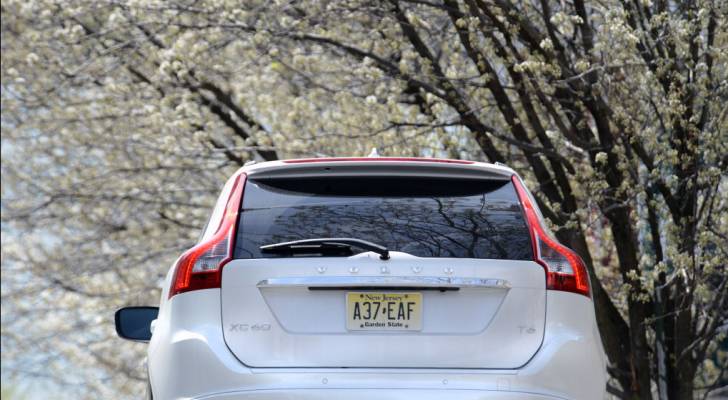
Thinking of downsizing your vehicle to save money? Not so fast.
Downsizing a vehicle could save you money if, for example, the new car offers better fuel efficiency and it’s a model that generally costs less to maintain. But your overall out-of-pocket costs will also depend on factors like how long you’ve owned your current car and your long-term financial goals.
Don’t miss
- I’m 49 years old and have nothing saved for retirement — what should I do? Don’t panic. Here are 5 of the easiest ways you can catch up (and fast)
- Car insurance in America now costs a stunning $2,329/year on average — here’s how 2 minutes can save you more than $600 in 2025
- Gain potential quarterly income through this $1B private real estate fund — even if you’re not a millionaire. Here’s how to get started with as little as $10
In most cases, downsizing a barely used vehicle can help you save a decent chunk of money. Before listing the car for sale, however, carefully consider whether your choice is the best move, financially and practically.
When it makes sense to downsize
The two factors that you’ll need to think about when deciding whether to downsize are finances and lifestyle.
Finances
Downsizing a car to save on costs could be worth it if you can justify the savings. For example, if you’re swapping a foreign luxury SUV for a smaller domestic model.
Switching cars could be a smart move if the new vehicle costs significantly less and you can get a decent trade-in price for your current one. That’s assuming you take on a new auto loan and the monthly payments or interest charges are lower than what you’re currently paying.
Same goes for saving on other expenses, like your car insurance. Owning a more expensive or larger vehicle could mean higher premiums. By downgrading, you could save on your policy.
Saving on depreciation costs could also be a reason to get a smaller vehicle. As soon as you drive a car off the lot, the value of it starts going down.
According to Kelly Blue Book, new vehicles typically depreciate around 30% within the first two years and about 55% by the fifth year. A Consumer Reports analysis found that it’s typically better to replace a vehicle that’s several years old to cut your losses, in terms of depreciation, and purchase a cheaper car model.
In fact, a vehicle that’s five years old — even if it’s paid off — could incur higher expenses, in terms of fuel and maintenance, compared to a smaller vehicle. Or, if you purchase a used vehicle, you can avoid steeper depreciation, saving you even more.
Be sure to review all related expenses of downsizing, like taxes, registration fees and loan costs, to ensure you’re truly maximizing the financial benefits of this change.
Read more: Want an extra $1,300,000 when you retire? Dave Ramsey says this 7-step plan ‘works every single time’ to kill debt, get rich in America — and that ‘anyone’ can do it
Lifestyle
Switching to a smaller or cheaper vehicle works if the car will also meet your lifestyle needs. A large family may feel cramped in a small vehicle. Or, a couple that works from home may not need to keep a big SUV that just sits in their driveway most of the time.
Take the time to think about what you use your current vehicle for and whether the one you want to replace it with will tick off all the boxes.
Adjusting the budget after downsizing your vehicle
If you choose to downsize, you have plenty of options when it comes to allocating any cash you’ve freed up.
Before choosing any of those listed below, carefully track your budget to see how much you’re spending on related costs. This includes your new car loan payment, gas and maintenance.
Use this amount to compare to how much you used to spend. The difference is the extra cash you’ve freed up.
These savings could go towards your financial priorities, like starting or contributing to your emergency fund. Having savings set aside gives you more solid financial footing in case of unexpected circumstances, like a job loss, home repairs or an unexpected medical bill.
Investing for the future, like for a home down payment or towards retirement could also be a good use of the money.
Allocating the money towards other necessary expenses can also make sense. Maybe you were hoping to increase your food budget to account for rising costs or create a sinking fund for regular spending on, say, birthday gifts or vacations.
What to read next
- Accredited investors can now buy into this $22 trillion asset class once reserved for elites – and become the landlord of Walmart, Whole Foods or Kroger without lifting a finger. Here’s how
- Here are 3 ‘must have’ items that Americans (almost) always overpay for — and very quickly regret. How many are hurting you?
- Nearly 1 million Americans have a net worth of at least $10,000,000 — here are 3 ‘quiet’ ways the ultra-wealthy grow their riches (and how you can join the club ASAP)
This article provides information only and should not be construed as advice. It is provided without warranty of any kind.